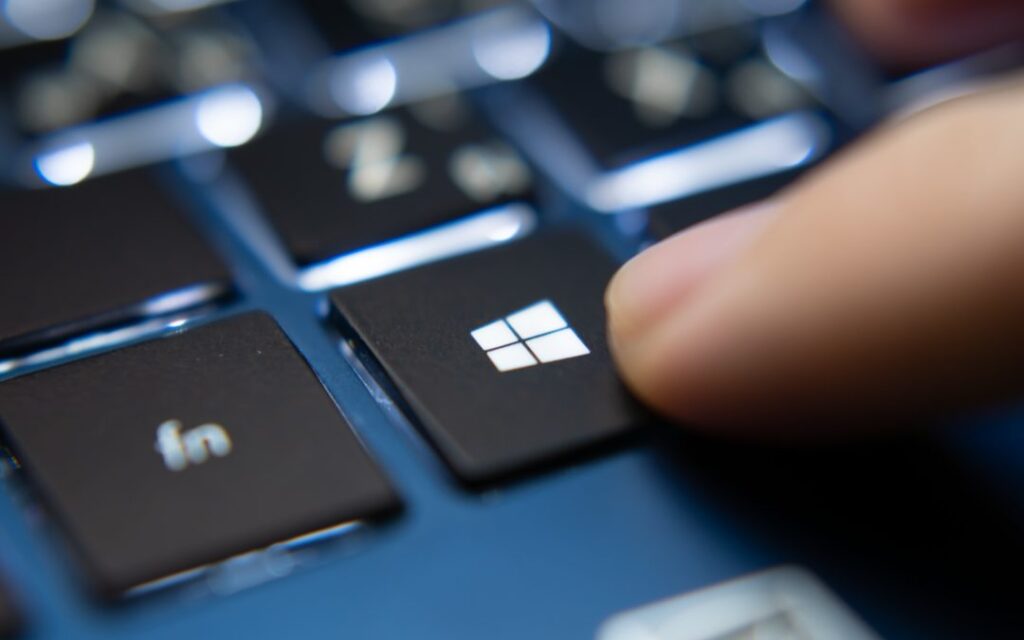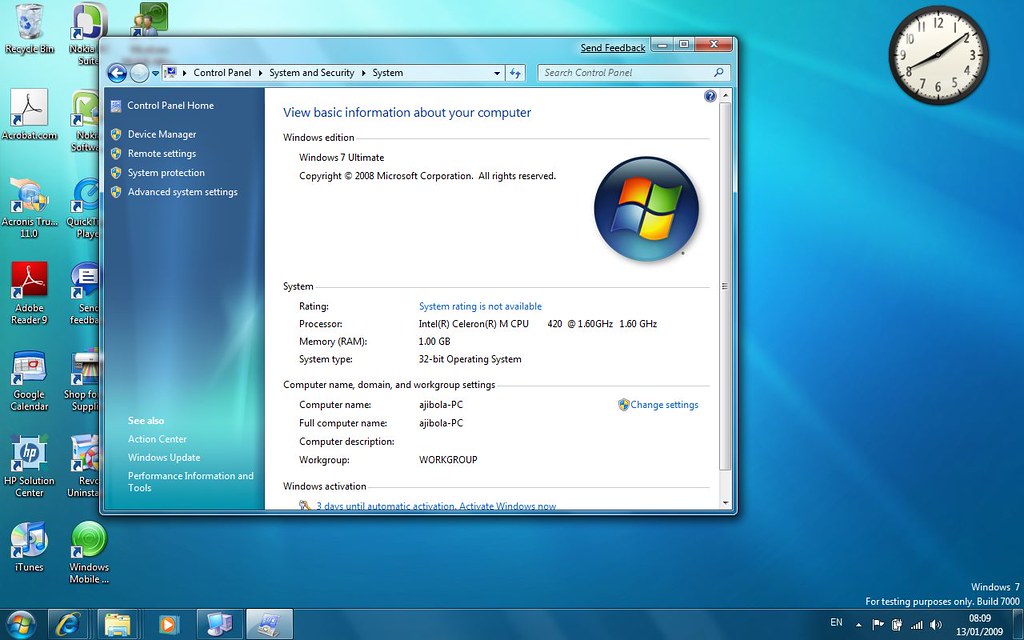Microsoft has officially stopped user support for Windows 7 as of 14th Jan 2020, bringing to an end a relationship with users that has been thriving since its launch in July 22, 2009. And now, cyber-security experts are urging all Windows 7 lovers to upgrade to newer versions of Windows or buy new Pcs.
Sticking to Windows beyond this date would mean that such users would miss the all-important security updates and patches released by Windows to keep their machines safe.
But this is no surprise, really. Microsoft had already terminated mainstream support for Windows 7 on January 13, 2015, which means current termination is for the extended phase (also meaning End of Life for Windows 7)
According to statistics released by StatCounter on their website, one in every four Windows users is running Windows 7.
What does this mean in the wake of hackers incessantly trying all their magic?
On the surface, it means that Microsoft has ceased from providing support to Windows 7 users. On the other hand, they’ve put an end to the cat-and-mouse game hackers have over the years staged while trying to exploit the software bugs in Windows 7.
Any flaws found going forward will not be fixed by Microsoft and they are warning current Windows 7 users that they stand a huge risk of being hit by malware and viruses without the security and software updates they normally release to users.
Mr. Rik Ferguson who is also the vice-president of research at Trend Micro also echoed the warning released by Microsoft. He warned current Windows 7 users who are not planning to upgrade or get newer machines already preconfigured with newer versions of Windows that using an unpatched machine rapidly increases their chances of being successfully attacked.
Another senior security researcher, David Emm, who works at Kaspersky Lab also warned against the continued use of Windows 7 and advised current users to upgrade to a supported OS as soon as they can.
What are the risks for current Windows 7 users?
A lot. Hackers are known to use malware and viruses to attack, damage or incapacitate computers they’ve targeted.
If they succeed, they can steal financial and/or personal data, hold computers at ransom pending payment or even spy on users without the user ever knowing.
Examples of such attacks include the NHS case when they were hit by the WannaCry ransomware in May 2017. A government report that was later released in 2018 revealed that the attackers were able to hit NHS because they had not updated their computers and installed security patches released by Microsoft.
The attack was successful because the attackers took advantage of the weaknesses in NHS’s computers that used the unpatched versions of Windows 7. They were also able to limitedly reach other computers that used Windows XP whose support had already been stopped by Microsoft.
What next for users still running Windows 7 PC?
After Jan 14, 2020, Windows 7 users having editions as Starter, Professional, Home Premium, Home Basic and ultimate will start seeing a new, full-screen pop-up notification informing them of the risk of continued use of Windows 7.
The notification will show on the screen till you interact with it
Any remedies?
Upgrade to other stable versions of Windows OS. Windows 10 is the best option given the success it has had since its launch and of course, the support is advanced.
Computers running Windows 7 won’t be shut down and will continue to function, only that they are going to be less and less secure.
However, this won’t be the case if you are using your PC offline, for which you don’t have to upgrade.
Microsoft has also advised current users to upgrade to Windows 10 which is more secure and retails at £120. However, they are also advising that the upgrade be done on new PCs rather than installing it in old PCs which may render it not work smoothly.
Minimum requirements for installation of Windows 10
For Windows 10 to run smoothly, your PC must have at least:
- 1GHz processor
- 16GB of hard drive space
- 1GB of RAM
Microsoft does not recommend installing Windows 10 on older PCs as this may limit its functionalities or smooth operation.
Are UK officials concerned?
Yes, they are and are warning Windows 7 users not to use their PCs for internet banking or sending emails after Tuesday 14, 2020.
The National Cyber Security Centre, which is also part of Britain’s intelligence agency GCHQ, issued the first warning to Windows 7 users which was first reported by the Telegraph.
Through an NCSC spokesperson to BBC, the body urged all those who are still using the now-abandoned software past the deadline date of 14 Jan 2020 to get replacements of their unsupported devises, not use them for online banking and sending or accessing of emails and to transfer their sensitive data stored on these gadgets to more stable and supported devices.
What about businesses still using Windows 7?
Some organizations and companies may be having applications they heavily rely on and can only be run on Windows 7. Such businesses can still receive security updates for Windows 7 Enterprise or Windows 7 Professional albeit at a fee that ranges from $25 (£19) per device to $200 per device. The increases as the years turn and for organizations with lots of computers, the costs will obviously be on the upward trend.
However, Microsoft will retain Windows 7 Extended Security Updates (ESUs) until 2023 for all businesses.
Mr. Ferguson noted that it’s not always easy for businesses to upgrade to newer operating systems due to some of the business-critical applications being incompatible with new operating systems or because of the heavy costs that come with upgrading such applications.
Such business may include hospitals or factories, all of which may be running applications that are only designed to operate only within the Windows 7 environment.
Upgrading may also mean that these businesses void the warranty, as noted by Mr. Ferguson.
What other Windows OS updates should you look out for?
Microsoft has created a page for all Windows users to be checking and the next major operating system to be affected will be the Windows 8.1 whose support ends on January 10, 2023.


